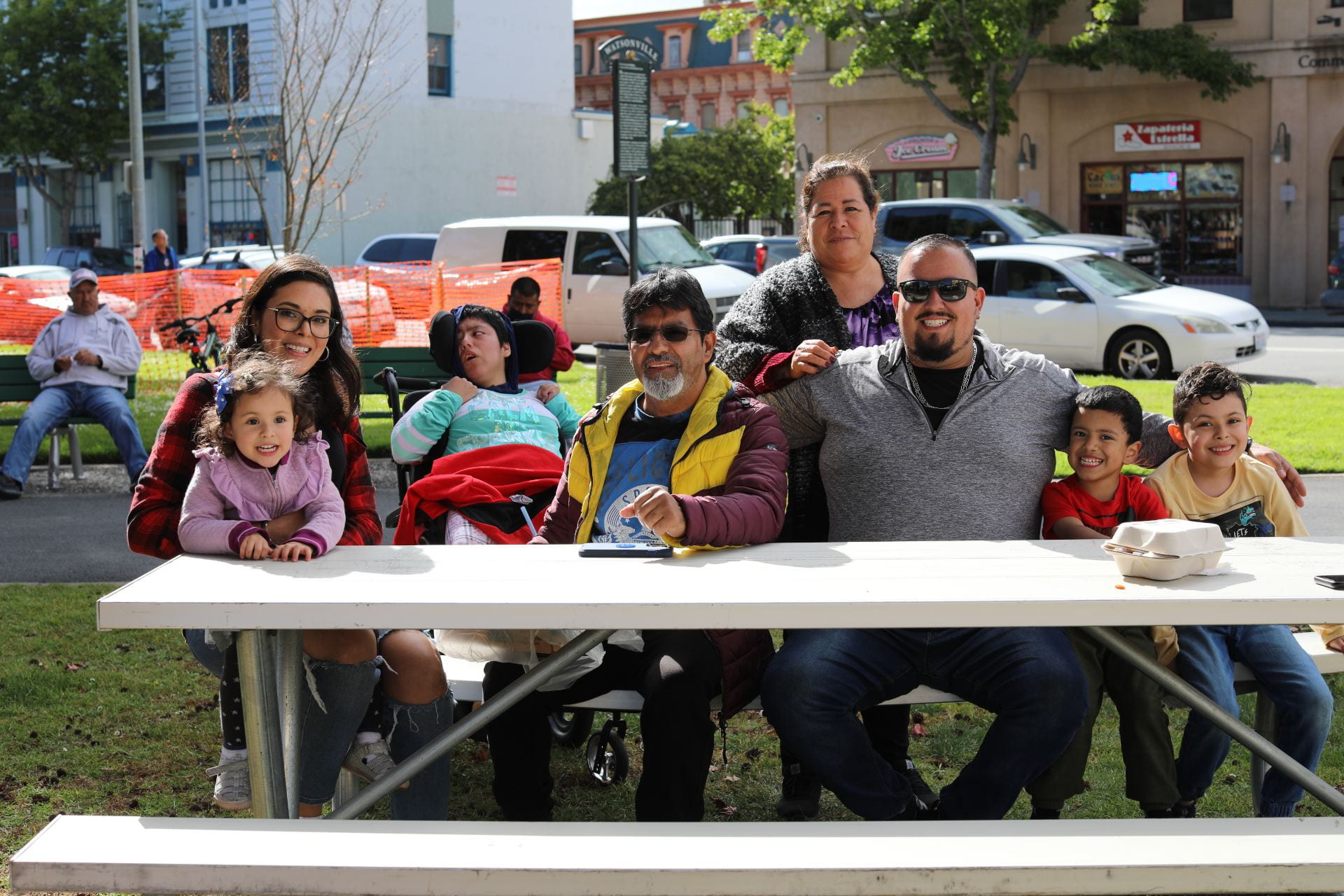Family Health and Well-being
Belonging
The health and well-being of immigrant families seem to be very connected to feeling belonging. Feeling welcomed and included by community members and key community organizations increase access to health services and support. 95% (77/81) of the respondents mentioned these practices of welcoming and belonging. Some interviewees also reported that being excluded has made them feel more resolved and willing to overcome barriers and seek out community and resources to improve their family’s health and well-being.

The importance of having a community is felt in the quote below from Perla, a 20-year-old 1.5-generation undocumented woman with undocumented parents. Perla and her family moved to Santa Cruz because she had an uncle already residing there. Growing up, both her parents were always working, leaving her and her sister to take care of themselves. For her, having a safety net provided her with a sense of security and reassurance to seek help if needed.
P: Since we were little, there was a list of names and numbers we have of friends in case you guys ever get home and we’re not here, and we don’t come back. Cause, sometimes we get home and they weren’t there because they were at work. But if, like, if we went home and they didn’t come back, we would have to call my uncle or one of their friends to come pick us up and then try to figure out what the plan was going to be from there. But we did have, I guess, people who, we knew, if me and my sister we’re left here alone, we could go to them and stay here. So I don’t think we ever planned on them going back and us going back to them right away. I think it would have had to have been a conversation later on.
Non-Belonging
Documentation status and not having rights and entitlements were reported as major obstacles preventing access to health services, these two issues were reported a total of 609 times in our interviews. Interviewee also mentioned experiencing environments of hostility, coldness, suspicion, a sense of vulnerability, and surveillance that negatively affected their well-being as whole.

Wilma is an 18-year-old 1st generation undocumented immigrant with DACA. She is a part of a mix-status family who lives in Santa Cruz. While she is a full-time student with a part-time job, she faced challenges while applying to schools due to her and her family’s documentation status.
I: Can you tell me about what some challenges or opportunities you have encountered because of the fact that your family has different statuses are?
W: Yeah. Well, like I mentioned, […], being undocumented, I was given an opportunity to apply for DACA, helped me a lot like individually. […] and then challenges like a big problem, like I had. […], like I said, was like during my college process, I had to really be careful with what I put and when it asked me about my mom […], like certain information, like for example, a social security number, stuff like that. I have to be careful with what I have. And […], like my counselor told me to put like the specific number. And then when I went to go and send proof of, out of my mom’s taxes, that social security number was different, so like that became a problem. […], and then, yeah, I feel like that’s probably a challenge. Just having to be careful with what you put out there. Especially for me, like I want to be careful with what I put out, what information I put out about my mom. […] not really about, yeah, like about me, but like more importantly about my mom. […], so yeah.
